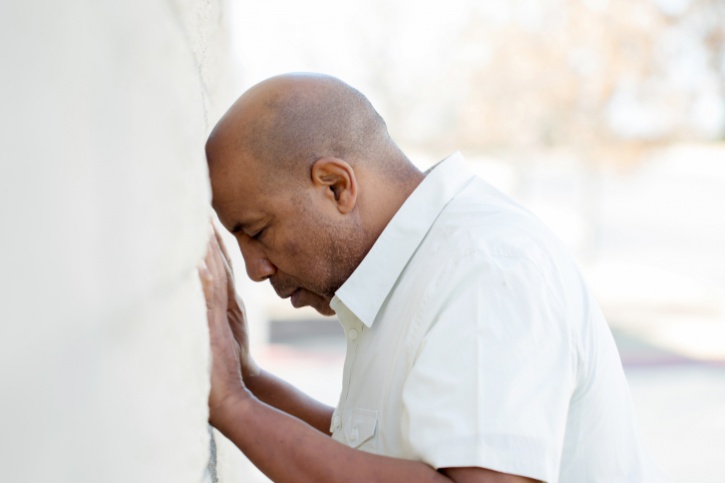
In a study recently published in the American Heart Association journal Stroke, investigators in the Reasons for Geographical And Racial Differences in Stroke Study, or REGARDS, found that blacks are four times more likely to die of stroke at age 45 than their white counterparts because blacks have more strokes, not because blacks who have a stroke are more likely to die than whites who have a stroke.
Important insights from the study and risk factors that lead to stroke indicate changes that are needed in Americans’ health habits and in primary health care to reduce the excess number of deaths from stroke in the black population.
“Since the driving force of the racial difference in stroke deaths is the larger number of strokes in blacks, to reduce this disparity we have to focus on factors prior to the stroke’s ever happening,” said George Howard, Dr.P.H., lead author and professor of biostatistics at the University of Alabama at Birmingham School of Public Health. “We need to do more to focus on prevention and control of risk factors before they result in a stroke. While it is important to ensure that blacks and whites receive the same care once a stroke happens, any differences in care once the stroke happens do not appear to be the reason that blacks die more from stroke.”
Most research focuses on treating stroke patients and preventing recurrent stroke. Few studies look at whether an elevated stroke rate in blacks is the predictor for more stroke deaths.
“We need more aggressive prevention efforts for stroke risk factors, particularly focusing on why blacks have more strokes,” said Virginia Howard, Ph.D., professor in the UAB School of Public Health Department of Epidemiology. “Racial differences in the development and control of risk factors are to blame.”
Traditional and nontraditional risk factors that lead to stroke are more common for blacks, particularly high blood pressure and diabetes. According to study authors, more must be done to address the racial differences and prevention methods for risk factors and reduce the disparity in stroke.
At age 45, the risk of a black person dying from a stroke is four times greater than the risk in a white person; but by age 85 the black-white differences go away. The risk of having a stroke followed a remarkably similar pattern, but there were no black-white differences in the risk of dying once a stroke occurred. Earlier research from the REGARDS study shows that blacks are at a higher risk for a first stroke.
“The magnitude of the public health burden of the racial disparity in stroke is staggering,” George Howard said. “We estimate that there were 22,384 additional stroke events in blacks occurring in 2014 above what would be expected relative to rates in whites.”
In addition to the human impact of health challenges associated with stroke, there are also economic implications. With a lifelong estimated cost of stroke of $104,000, the black-white difference in stroke costs America more than $2.3 billion annually.
“Efforts that would even marginally reduce this burden would pay remarkable dividends for the United States,” he said.
Co-authors are Claudia S. Moy, Ph.D.; Virginia J. Howard, Ph.D.; Leslie A. McClure, Ph.D.; Dawn O. Kleindorfer, M.D.; Brett M. Kissela, M.D.; Suzanne E. Judd, Ph.D.; Fredrick W. Unverzagt, Ph.D.; Elsayed Z. Soliman, M.D.; Monika M. Safford, M.D.; Mary Cushman, M.D.; Matthew L. Flaherty, M.D.; and Virginia G. Wadley, Ph.D. The National Institute of Neurological Disorders and Stroke funded the study.
About UAB
Known for its innovative and interdisciplinary approach to education at both the graduate and undergraduate levels, the University of Alabama at Birmingham is an internationally renowned research university and academic medical center and the state of Alabama’s largest employer, with some 23,000 employees and an economic impact exceeding $5 billion annually on the state. The five pillars of UAB’s mission deliver knowledge that will change your world: the education of students, who are exposed to multidisciplinary learning and a new world of diversity; research, the creation of new knowledge; patient care, the outcome of ‘bench-to-bedside’ translational knowledge; service to the community at home and around the globe, from free clinics in local neighborhoods to the transformational experience of the arts; and the economic development of Birmingham and Alabama. Learn more at www.uab.edu.








